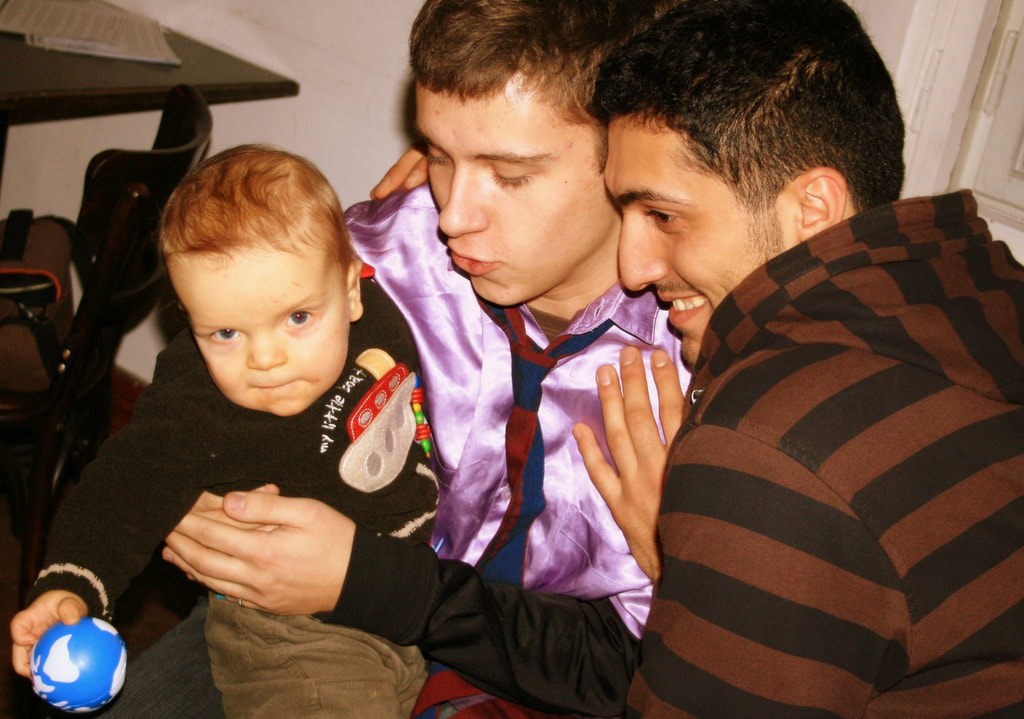When I moved to New York City several years ago, I was stunned at the attitude people had towards adoption. I have adoption in my family and the issue was very open in my world. I hadn’t previously heard the level of pathology and criticism that I would hear in New York City social work and psychology circles. The view seemed very ignorant and many people who were driving these attitudes didn’t seem to have much experience with the topic.
I tried to challenge their beliefs, but most people would have none of it. They insisted that so many children should have remained with their biological families and that too many people had “bad experiences” with adoption. I would ask if families with biological children had “bad experiences” and wasn’t it the field of social work and psychology that started to treat families with problems?
The level of prejudice towards non-traditional and non-biological families has held strong for many years. I have often wondered if it would ever change.
Many years would go by and soon there would be changes that I could have never imagined. Many of the people who are most opposed to adoption, would become the biggest supporters of gay marriage. They wanted to give two men and two women the right to many, even though these unions will not produce a biological child.
Recently a colleague was treating a patient who is adopted and she indicated that he had problems because he was adopted, as she felt many adoptees do. Her son is partnered with another man and they adopted three girls from different cultural backgrounds. This colleague has always been so happy that our society has changed and her son can be with another man and have children, but she didn’t seem to hear the contradiction in her own comments.
Another colleague feels that “non-biologicals,” her term for adoption, has been a bad situation for many. A few days after the Supreme Court affirmed gay marriage, she was at a party dressed in the LGBTQ colors. I did mention to her that this will mean more “non-biological families” and she seemed taken back and it was clear she hadn’t thought the issue through.
We are at an exciting time in our culture as many issues and institutions are changing and we are giving rights to people who have been denied them for so long. If we are going to have these shifts in our society, it’s crucial to look more deeply into the viewpoints that we hold surrounding gay marriage and adoption.
If we support the union, how do we repair and make amends to people who have been hurt by these views?
We have come too far to allow prejudice to color our view of what it means to be a family.
Kay Gimmestad, LCSW-C is a business coach and clinician in New York City with 20 years of experience working in the profit and not for profit sectors of Human Resources, Health and Human Services. She has built a reputation for being highly skilled in facilitating behavior change while working with employees, both individually and in groups, on matters relating to performance management, substance abuse, crisis intervention, and stress/wellness.

 RSS Feed
RSS Feed
